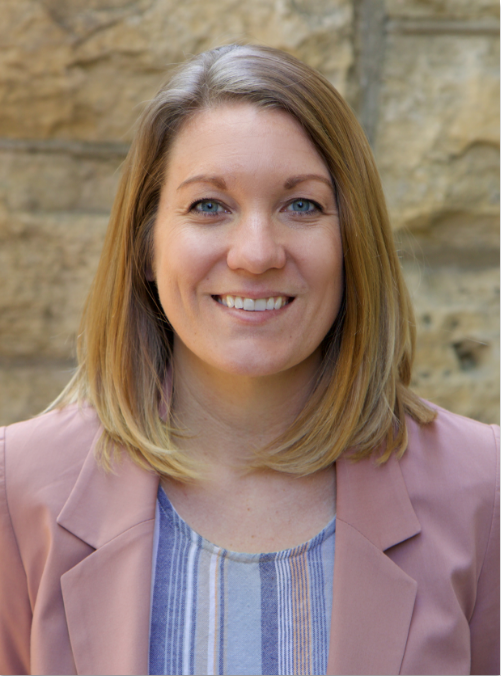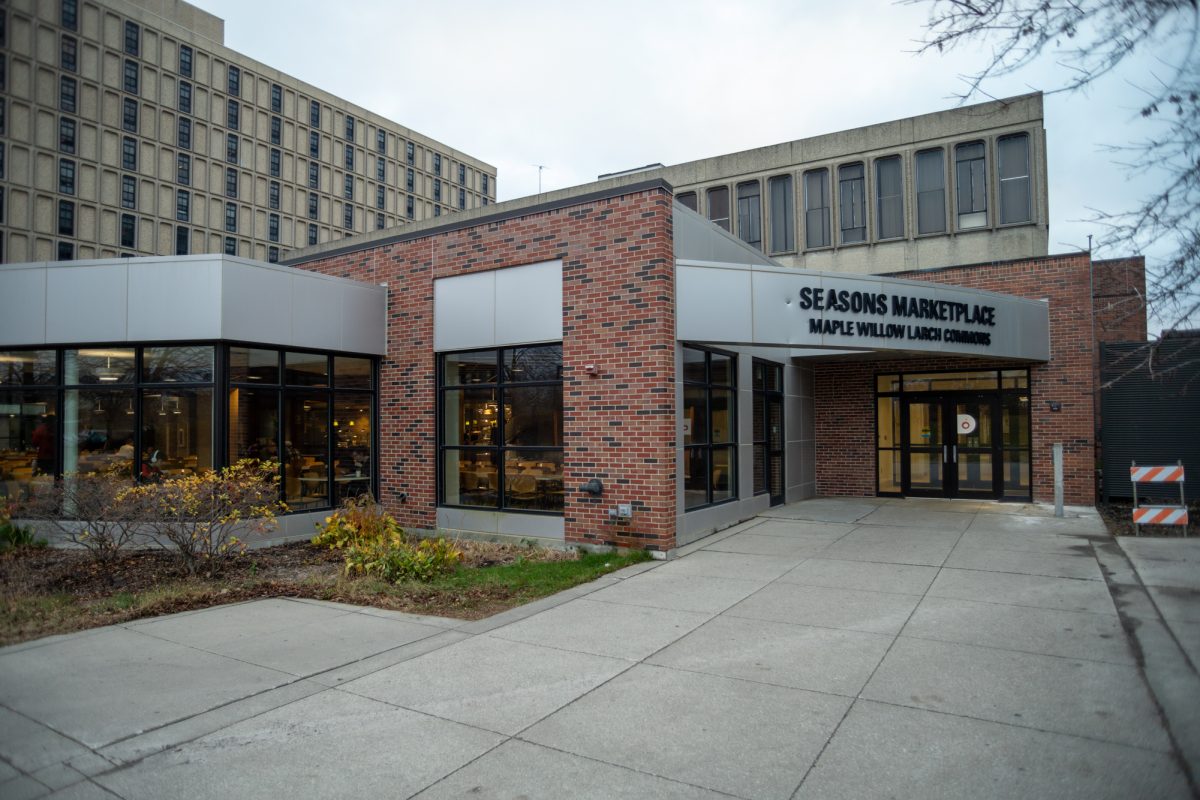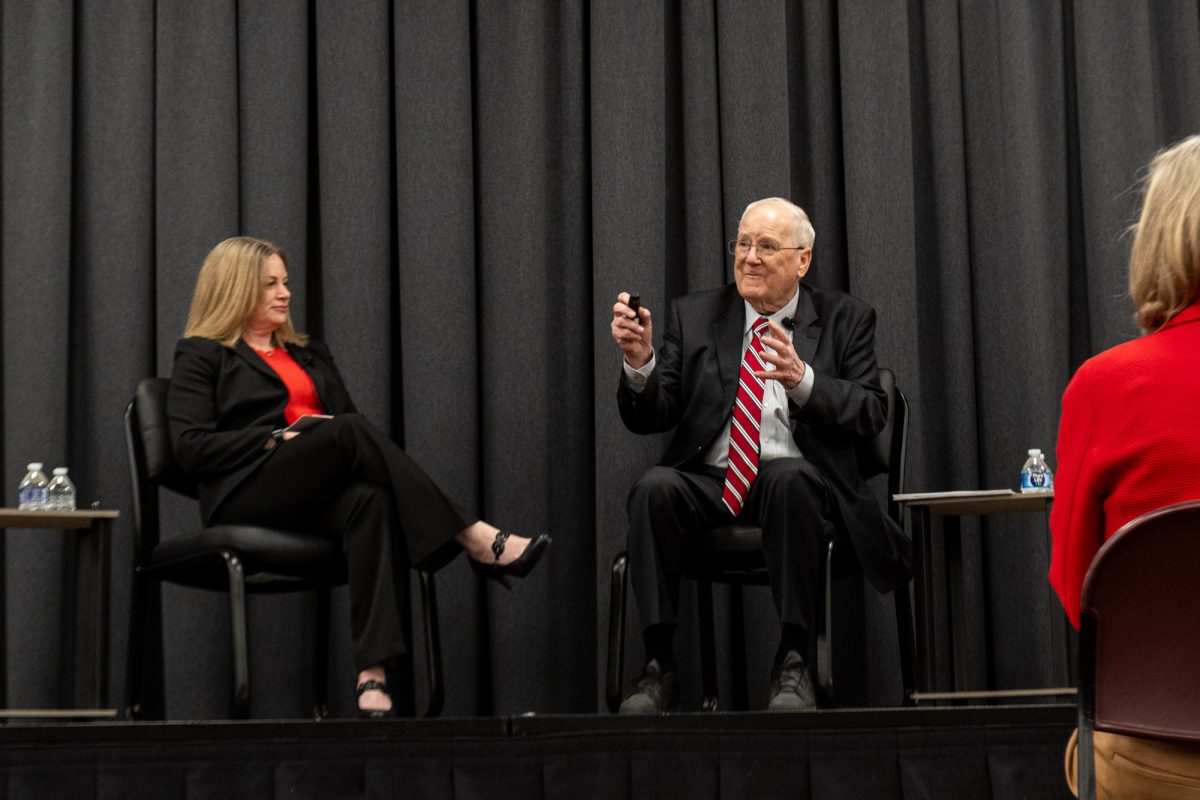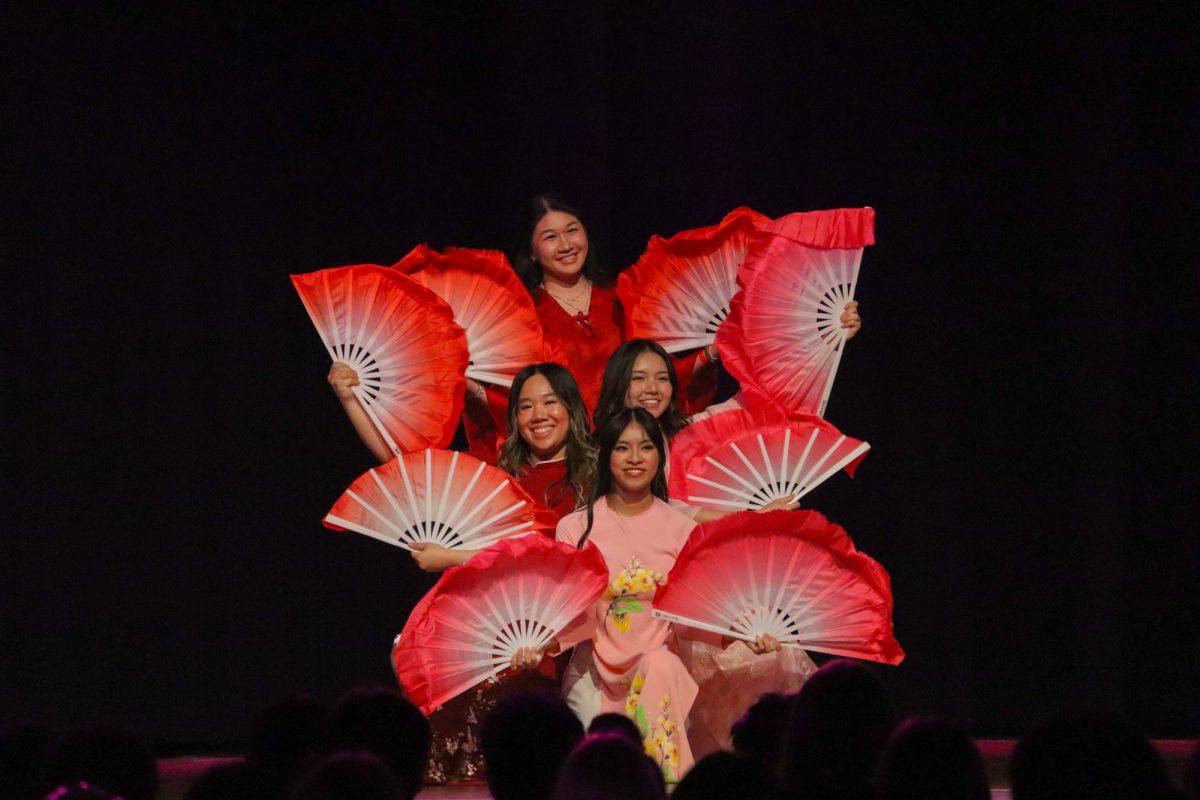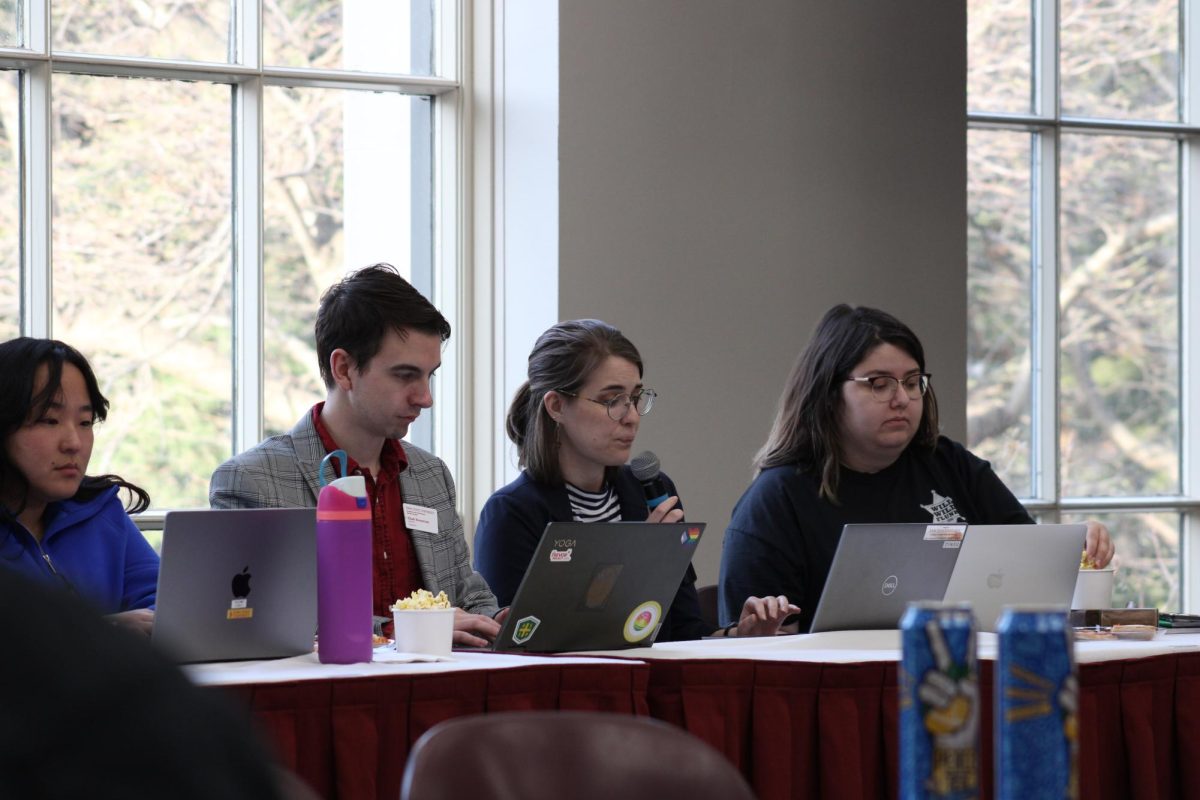Student who died in boating accident remembered as “more than a number”
Courtesy of Iowa State University
Amber Manning-Ouellette was advisor, mentor and professor to Jesse Blakely.
June 23, 2017
“He’s more than a number, he’s more than just another student. He was compassionate, he cared. He was making his life better by going to college… he mattered.”
That is what Amber Manning-Ouellette wants people to know about Jesse Blakely, the 20 year-old aspiring engineer who died in a boating accident at the beginning of the month.
It was in Leadership Studies 270, fall of 2015, that Manning-Ouellette first met Blakely. It was the first course she would teach at Iowa State.
“By the nature of Leadership Studies you kind of get to know your students on a little deeper level than other faculty do,” Manning-Ouellette said. “He just stood out to me as a student that had a lot of potential… we just had a kind of bond starting in that class.”
He was in her classes each semester two years in a row, with a study abroad trip with the program the summer in between. Manning-Ouellette said they would meet for coffee or during office hours to talk about his futures and goals.
“We would always joke, ‘what are we going to do if you’re not in class with me?’ He’d been in with me every semester,” Manning-Ouellette said.
What Blakely wanted to do was invent, create, innovate – as an engineer, and in society. During the capstone project for the Leadership Program, he did a research project on social interaction between teachers and students with autism. It was inspired by Blakely’s brother.
“In his own way, he did a study on a topic he was passionate about and could give back to his family and community,” Manning-Ouellette said. “He [wanted] everybody to feel included and feel a part of something.”
Manning-Ouellette was with this year’s study abroad trip when she began to receive messages from participants from Blakely’s year.
“They said ‘Amber, we need to talk to you right away, something terrible has happened,'” Manning-Ouellette said. “I was just devastated, and felt hurt. You know, like, ‘why Blakely?’ He was so great, and had so much potential. Being the first in his family, and helping take care of his siblings.”
One of the bonds Blakely and Manning-Ouellette shared was their experience as first-generation students.
“I got to know about his background and his family,” Manning-Ouellette said. “Our experiences growing up were similar.”
Manning-Ouellette and her husband drove the furniture in Ames that belonged to Blakely to his family’s home in Park Forest, Illinois. It was the start of several conversations between Blakely’s mother and Manning-Ouellette, who would share her memories of Blakely.
“She was really appreciative to hear [from me], because he was so far away,” Manning-Ouellette said. “I don’t know that he got home very often.”
Blakely was signed up to be a peer mentor for the Leadership Program in the coming fall. The program helps students understand their own personal identity and how that can apply to their future career goals and leadership. Manning-Ouellette said it’s rooted in creating positive social change.
“I think like many first-generation students, I don’t know if he knew his purpose for being in college. He knew what he wanted to do, but I think our program helped him solidify his identity as a leader and gave him opportunity that he may not have gotten elsewhere, in a larger program,” Manning-Ouellette said.
“I think he saw himself as a college student with more purpose,” Manning-Ouellette said.
Manning-Ouellette said she would always check in on Blakely’s goals and major, but that he hadn’t mentioned he’d be working in Missouri for the summer. One of the last times Manning-Ouellette talked with Blakely was when they met for peer mentor training.
“He had told me the first year I met him ‘I’m going to be a peer mentor for you someday,'” Manning-Ouellette said. “I’d said ‘hey, do you remember that? Now you are.’ That was probably one of the last conversations we had.”
Manning-Ouellette said he was chosen to be a mentor because of his compassion for others and his experience as a first-generation student.
“He had a warm heart and would make people feel included,” Manning-Ouellette said. “He was quiet in class, but I always knew he was paying attention. He’d get this look on his face, I’d call it his thinking face… he’d think about what he wanted to say before he said it. And then he was funny.”
For Jessica Meyers, junior in graphic design who lived in the same building as Blakely, his friendly goofiness was recognizable. Blakely would join in some pranks between different groups on the different floors, or just come visit and talk to people.
“I didn’t know him that well, but every time I saw him he had a giant smile on his face and he was nice to everybody,” Meyers said.


